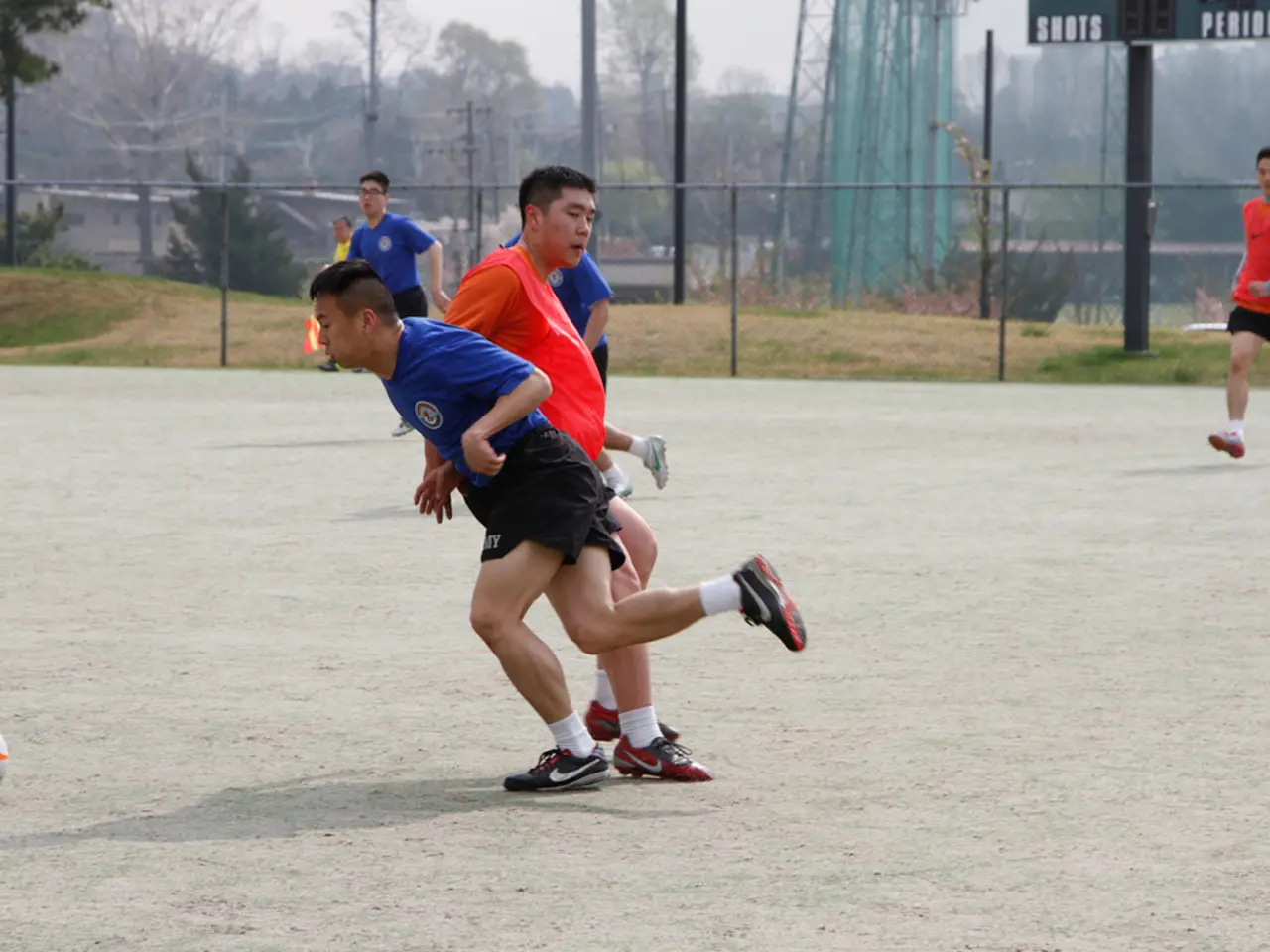NCAA penalizes Michigan football team for an 'unauthorized scouting strategy'
Michigan Wolverines Football Program Faces Significant NCAA Penalties
The Michigan Wolverines football program has been disciplined by the NCAA for various infractions, including an off-campus, in-person scouting and signal-stealing scheme. The most severe violations were orchestrated by former staff member Connor Stalions over three football seasons (2021-2023).
Stalions' scheme involved purchasing tickets for acquaintances, staff, and interns—referred to as the "KGB"—to covertly record opposing teams’ play signals at their games. About 56 instances of scouting involving 13 teams were identified. Stalions also admitted to destroying evidence, including discarding his phone in a pond.
The NCAA's penalties include significant fines, probation, scholarship penalties, recruiting restrictions, and coaching sanctions. The fines for Michigan amount to an estimated $20 million, which includes a fine equivalent to the anticipated loss of postseason revenue sharing in 2025 and 2026, and the cost of 10% of all football scholarships for the 2025-26 academic year.
Michigan was placed on four years of probation and a 14-week prohibition on recruiting communications within the football program during the probation period. The university also faces a 25% reduction in official football visits for the 2025-26 season.
Coaching sanctions include a 10-year show-cause order for head coach Jim Harbaugh, restricting all athletically related activities, starting August 7, 2028. Sherrone Moore, then assistant and now head coach, received a two-year show-cause order and a three-game suspension. Moore is not prohibited from coaching activities during the show-cause period.
Other involved former assistant coaches Jesse Minter and Steve Clinkscale accepted penalties through negotiated resolutions. The NCAA declined to impose a postseason ban, stating it would unfairly punish current student-athletes for the actions of former staff now no longer with the program.
The investigation into Stalions was first announced after Michigan won a national championship in 2023, and he resigned from the school in November of that year. The NCAA report accuses Harbaugh, Stalions, and Robinson of destroying relevant materials and providing false information, but does not mention any fines or reductions in scholarships or recruiting visits for the individuals mentioned. Denard Robinson received a three-year ban from the NCAA, but this is not mentioned in the penalties for the program.
In light of the penalties, the Michigan Wolverines football program might consider diverting some of its future revenue towards meeting the fines and scholarship costs, as part of the NCAA's punishment includes a fine equivalent to the anticipated loss of postseason revenue sharing and the cost of 10% of all football scholarships. Additionally, with the coaching sanctions imposed, former head coach Jim Harbaugh and current head coach Sherrone Moore might need to adjust their retirement plans, considering Harbaugh's 10-year show-cause order and Moore's two-year show-cause order could potentially impact their coaching careers.








